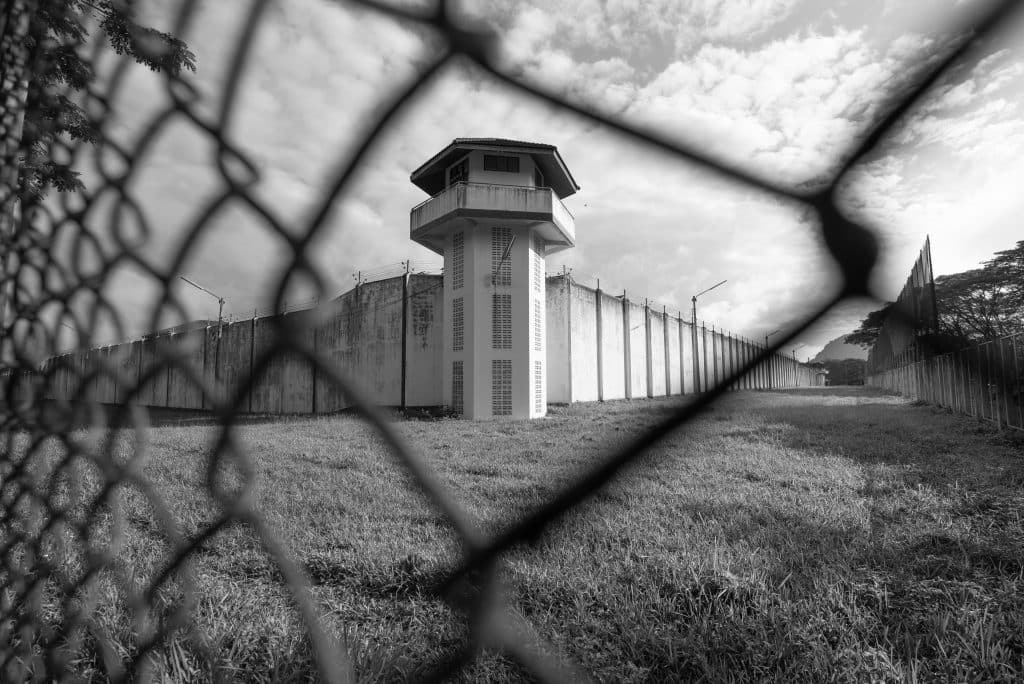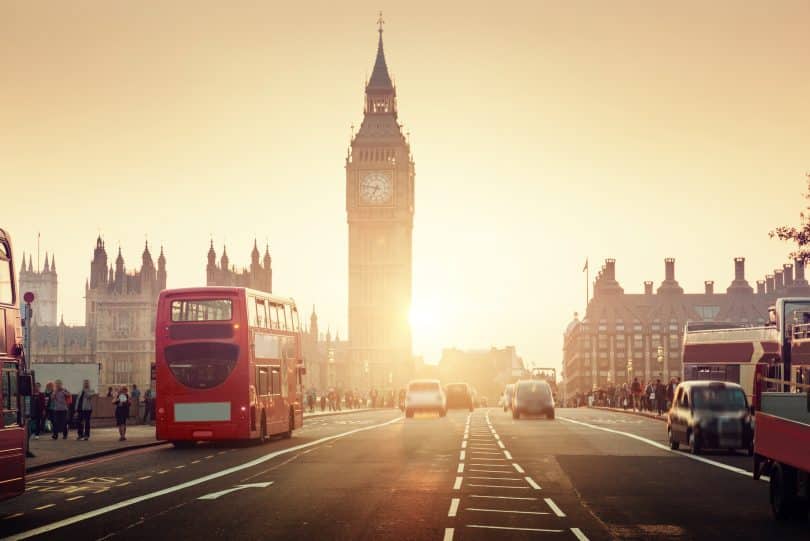In 2022, the UK and Boris Johnson’s Conservative party will embark on a new 10 year drug plan that aims to turn ‘harm to hope’. If you still count the United Kingdom as part of Europe – which it geographically is but probably politically isn’t – then you’ll have realized yourself that it is far from the most progressive when it comes to drug policy. Whilst Luxembourg, the Netherlands and Spain seem to be making headlines for their cannabis acceptance, the UK has sat pretty stagnant.
However, with medical cannabis being legalized in 2018 and now a new 10-year drug plan, perhaps things are starting to change. Is this new plan a positive shift to the tide? Or is it a bitter disappointment and return to old-fashioned, tiresome policies?
The UK & Drugs
In 2020, drug-related deaths in the UK reached a record high of 4,561, which was a 3.8% increase of the previous year. It’s believed that 1 in 11 adults in the UK have taken or do currently take drugs. The UK’s approach to drugs would best be described as a ‘criminal justice approach’, which gravitates around the idea that drugs are immoral and the people that buy, use or sell them are – consequently – also immoral.
The government believes that if you crack down on drug users, with serious sentences, that they’ll be deterred from being associated with them. Even the term, ‘war on drugs’, suggests an approach of battle, rather than of understanding and of nuance. The problem is, that this approach does not cater for the inevitable and undoubtable specifics and alternative psychologies of the drug world. Many addicts and dealers are led there by unfortunate circumstances and are not simply deterred by a prison sentence or fine. For some, it’s their only option.
Similarly, all drugs are dealt with in a strict Class system, which does not acknowledge the evident differences and benefits of these drugs. Cannabis, for example, is an illegal Class B drug, yet around 30% of the UK have used it in their lives. In fact, by 2024, they expect there to be 337,000 medical cannabis users alone, however getting a cannabis prescription is well-known to be expensive and extremely difficult in the UK.
The UK Class System
This class system began in 1971 with the Misuse of Drug Act, and little has changed since then. Class A is the most extreme, and Class C is the least. However, all drugs are illegal recreationally.
Class C
Drugs include: anabolic steroids, diazepam and GHB.
Sentence: up to 2 years in prison for possession, up to 14 years in prison for production and an unlimited fine.

Class B
Drugs include: cannabis, codeine, ketamine, synthetic cannabinoids and mephedrone.
Sentence: up to 5 years in prison for possession, up to 14 years in prison for production and an unlimited fine.
Class A
Drugs include: crack, cocaine, MDMA, heroin, LSD, mushrooms and crystal meth.
Sentence: up to 7 years in prison for possession, life in prison for production and an unlimited fine.
The New Plan
When a video was released of the UK prime minister, Boris Johnson, assisting the police force in a drug raid, it did not exude a feeling of hope but instead a feeling of hollow poltical gestures. However, with medical cannabis being legalized in 2018 and the rest of Europe starting to show signs of progression, there were feelings of hope that the new 10 year drug plan being implemented by the government would be a fresh start. A different approach from the outdated one that hasn’t worked for decades.
What is the Plan?
Obviously what the government set out to do, isn’t always what they actually do. But, on the surface, let’s take a look at what this plan is. Johnson sets out 3 core priorities:
- Break drug supply chains
Making the UK a harder place for organised crime groups to operate. Spending £145 million in the county lines programme, which aims to stop drug gangs using the road and rail networks. By 2024/5, aiming to stop 2000 gangs.
- Deliver a world-class treatment and recovery system
Spend £780 million to rebuild drug treatment and recovery services, mostly for young people and offenders. By 2024/5, aiming to deliver 54,000 new high-quality treatment places.
- Shift in the demand for recreational drugs
Tougher consequences for those using drugs and more targeted activity for prevention. Implement a harder and stricter approach. By 2024/5, aiming to prevent 750,000 drug-related crimes.
We appreciate you joining us. Sign up for the Cannadelics Weekly Newsletter to get updates direct to your email; and for sweet offers on cannabis flowers, vapes, edibles, smoking equipment, cannabinoid compounds, and even some psychedelics. Everyone get stoned responsibly!
Focus on Lifestyle Drug Users
It seems that the new plan set out has a specific focus on ‘listyle’ users of Class A drugs.
The Guardian writes:
“Middle-class drug users are to be targeted as part of a 10-year strategy to be announced by Boris Johnson’s government with a heavy focus on war-on-drugs-era punishment.”
The new plan will allow wealthy professionals to lose their passports or driving licences if found in consistent use, possession or selling. When speaking to the Sun newspaper, Boris Johnson said:
“We need to look at new ways of penalising them. Things that will actually interfere with their lives…So we will look at taking away their passports and driving licences…What I want to see is a world in which we have penalties for lifestyle drug users that will seriously interfere with their enjoyment of their own lifestyles.”
In fact, police will also be given powers to use drug dealer’s phones to message their clients with warnings about drug use. Hoping this will scare the clients from purchasing illegal drugs. Essentially, the message is: no one is safe.
Thoughts
The question is, will this approach work and does this show signs of optimism? Well, the investment in rehabilitation is evidently a positive approach. Treating addiction as a health condition, rather than a criminal act, is certainly the way forward. However, this policy is sandwiched between two hardcore, ‘war on drugs’ approaches, which begs the question: will people really start to believe that addiction is an illness if people who are using drugs are being prosecuted so extremely?

It’s important to note that this drug strategy is the UK’s seventh since 1995 and many believe it is ‘conceptually identical to previous strategies’. In other words, it’s the same, old, outdated approach to drugs. The executive director of Release, a drug policy organization, said:
“While increased funding for drug treatment is welcomed, the focus on more punitive sentences for people who supply drugs is a continuation of a tired tough-on-drugs narrative, one that we have had in the UK for decades.
This failed policy will do little to address the high rates of drug-related deaths, which over the last decade have increased year on year, with some of the highest rates in Europe.
While New York announces the opening of drug consumption rooms, Germany moves to legalise cannabis, as many US states and Canada have already done, and over 30 countries have ended criminal sanctions for possession of drugs – Britain is going backwards, embracing a Nixon-style ‘war on drugs’ approach.”
What is perfectly summarized here is that the UK has been tough on drugs for 50 years, and it hasn’t worked. It’s as simple as that. Drug-related deaths are at a record high, drug users are still receiving paralyzing criminal records, and the education of drugs is minimal. In addition, those people affected are disproportionately people in lower income families and from minority groups. A real, revolutionary 10 year plan would be one that involved cannabis legalization and drug-use decriminalization. This would show a true intent to think differently than the policies which haven’t been working for the last 50 years.
Keir Starmer
Keir Starmer, who is the leader of the opposition party (Labour party), did not highlight a real problem with the Conservative’s plan. His biggest issues were: where is the money coming from? And Isn’t this too little too late? Whilst these are valid points, this proves that even the opposition party in the UK do not want a drug policy of acceptance and nuance. Even the supposed ‘left-wing party’ believe in a tough-on-drugs approach. This is highly worrying, as it means there is currently no powerful poltical party in the UK whose aim is to completely change the narrative on drug policy. Instead, it’s two parties with essentially the same old-fashioned ideas.
Conclusion
As a UK citizen, this new 10-year plan fills me with concern. Whilst funding will be given to improve rehabilitation, I worry this is a political ploy to disguise the same disappointing approach as before. An approach that treats drug users as criminals and the drug industry as a scary place that needs to be nuked. When will the UK finally realize that a tough approach on drugs simply does not work? But then again, why would Boris Johnson understand. What does he know about poverty, desperation or the drug industry? As comedian Ricky Gervais recently said, when will being a student at prestigious and highly-expensive Eton school stop being a ‘qualification to run country’?
Hello readers! We appreciate you stopping by Cannadelics.com; an independent news platform that specializes in cannabis and psychedelics reporting. Stop by regularly to stay informed on all happenings, and subscribe to the Cannadelics Weekly Newsletter, to ensure you’re never late to get the news.









